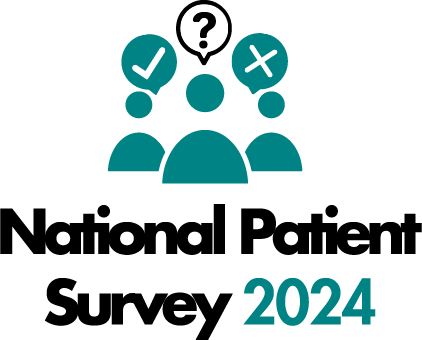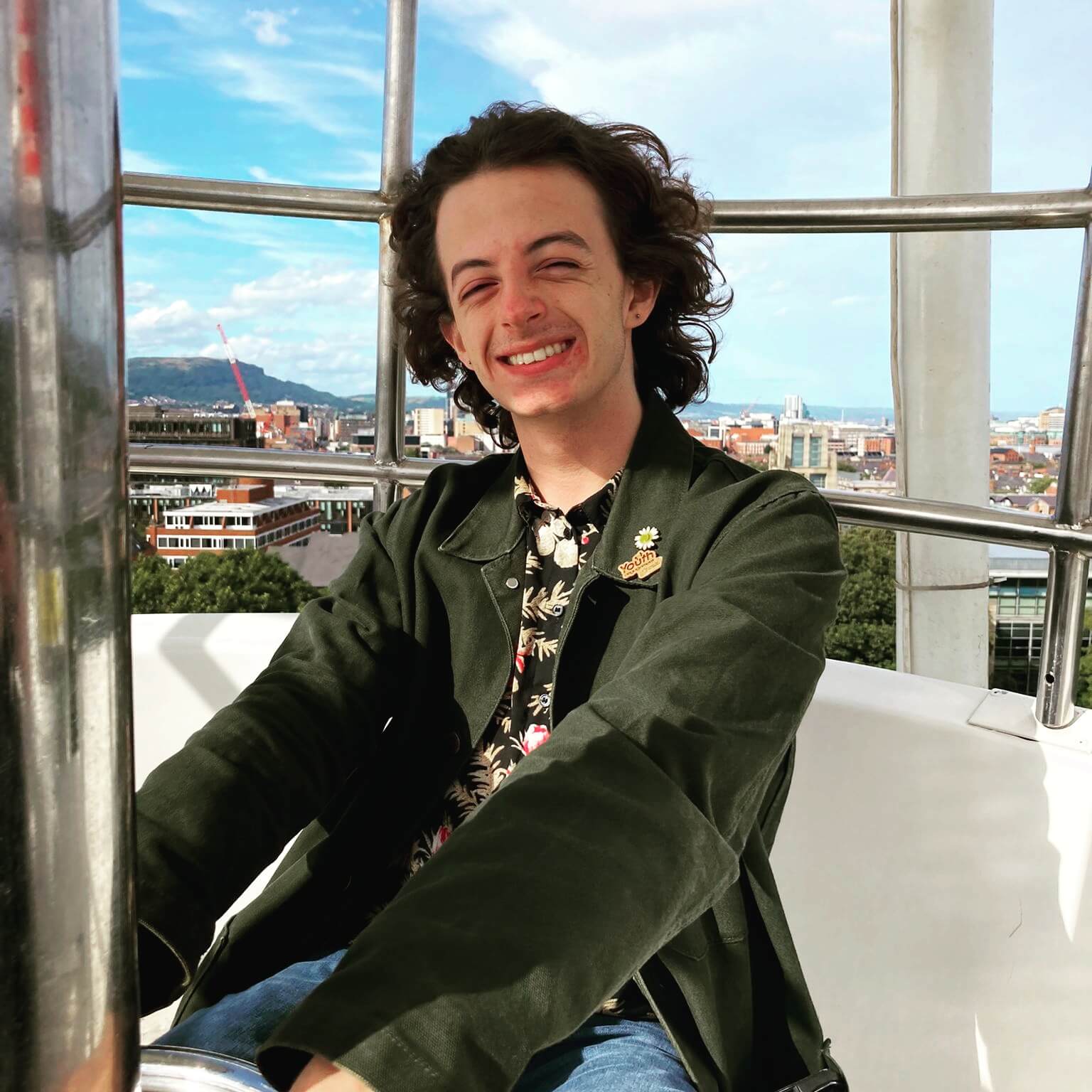 Our National Patient Survey 2024 report is now live. Thank you to all those that shared their experiences. Read our report here.
Our National Patient Survey 2024 report is now live. Thank you to all those that shared their experiences. Read our report here.Cancer and fertility: an adolescent perspective
In this blog, Conor, a young person who was diagnosed with cancer, talks about the challenges he faced when trying to decide whether to preserve his fertility. Conor shares his experience in the hope of supporting others who face the same situation.
Many chemotherapy drugs effect fertility, [it’s] one of many side effects you’re willing to roll the dice on when it’s life/death.
I was diagnosed with an unusual kind of cancer when I was seventeen, this was about five and a half years ago. Surgery and chemo (Dox-Ifos) meant it didn’t get to kill me; but death, I suppose a bit like the tumour itself, steals pieces of you as it progresses. It overrides everything else in your life and makes you confront realities much sooner than you’re prepared to. Like an exam you never revised for, but the exam is less “Do these sums” and more “How certain are you really that there’s a life after death”. It eclipses your life and exhausts you on a level that’s hard to describe.
Not an ideal mindset for level-headed, productive planning for a future family. It’s common for many chemotherapy drugs to effect fertility, one of many side effects you’re willing to roll the dice on when it’s life/death. You find yourself accepting major long-term consequences for better odds of survival in the now.
Yet for some reason, when I was asked if I wanted to freeze my sperm, I initially said no. Which I now feel is daft. If sacrifices are necessary, make them, but fertility preservation can improve the chances of having children in the future. Why not jump on the opportunity? I hope most readers who have been in my position can empathise with me, but this might seem strange to those who can’t relate. I was able to face cancer, and opted to sit through months of optional chemo, but visiting a fertility clinic felt so unfathomable to me. I hope I’ll be able to help you better understand why this was, and how I was able to change my mind.
This is a surreal position to try and imagine and I can only talk from personal experience. For context; when I was on the run-up to getting chemo I was already cancer free and the chemo was simply precautionary. Therefore, planning for how treatment may affect me in the long term became top priority.
I want you to take a moment with yourself and honestly reflect on how you would handle the topic of fertility in this situation: You’re in your late teens and have come to terms with the idea of dying. You’re not expecting to see your 18th birthday. But then you get word, surgery was a total success! You’re going to live! Obviously, this is brilliant news. Until you realise how much you have to alter your thinking. You have to reassess who you are, and how much of your ‘old self’ you’ll ever be able to reclaim.
You have a lot of recovery to do, physically and mentally. Everyone sees you differently. It’s an uphill battle reaffirming your sense of identity, dignity, and place in the world. After some time of relearning who you are outside of the context of scans and symptoms you finally start to get your feet under you. It’s at this stage that you’re told you’ll need chemo. Not only that, but a stranger in hospital attire will ask if you want to ejaculate in a cup. “No, person I have never met, I do not want to ejaculate in a cup. Sorry to disappoint.”
A sense of security, in myself and my future, was the biggest factor in pushing me to go for it.
You sacrifice a lot to cancer and, while I’m sure some people feel stronger for having overcome such an obstacle, I felt mentally destitute. I didn’t have the self esteem or the ‘drive’ to think things through objectively. I want kids, and to the best of my memory always have, but totally avoided any discussion that might help me secure a future with children.
Even now I still can’t be entirely sure why I was so reluctant at first, and what exactly made me change my mind. I think it took me a while to catch up with the reality of my situation, that I would survive, and how that meant unlearning the idea of long-term sacrifice = short-term gain. It also took me time to feel secure enough to plan for the future. I was so fixated on short term planning that defending my self-esteem in ‘the now’ was seen as a higher priority than defending my vision of the future with children. There’s definitely a lot of complicated emotion that went into my decision making around fertility preservation, but ultimately a sense of security, in myself and my future, was the biggest factor in pushing me to go for it.
So I took the plunge. The embarrassment and discomfort in the short term was worth it; I’d have plenty of time to get over it.
The law has changed which affects people who store their sperm, eggs or embryos to try and preserve their fertility – cancer patients or patients undergoing hormone therapy for example.
These patients can store their eggs, sperm or embryos for up to 55 years. However, they will now be asked to renew consent every 10 years; something they did not need to do previously.
Patients should ensure their clinic has up-to-date contact details for them. If a clinic cannot reach them, there is a risk their eggs, sperm or embryos may be disposed of. This is even if they consented for more than 10 years storage.
Find out more about the changes to egg, sperm and embryo storage laws here.

Conor is a psychology graduate living in Omagh who was diagnosed with sarcoma in his late teens. He has since used the experience to advocate for the autonomy of young people affected by cancer through projects with Cancer Fund For Children and Young Lives vs Cancer in Northern Ireland.
Review date: 1 September 2025

